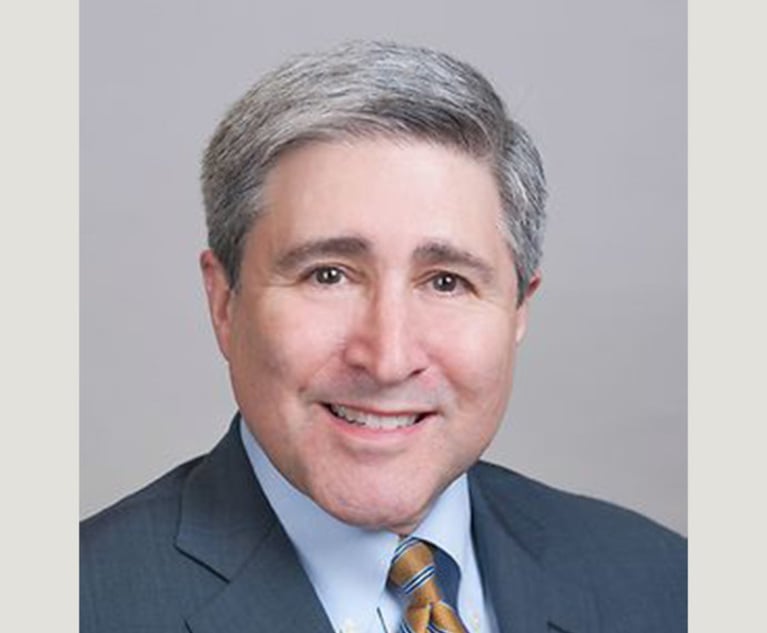Congress has a once-in-a-generation opportunity to rewrite theU.S. tax code to promote job growth and reduce the federal budgetdeficit, said Senator Max Baucus, chairman of the Senate FinanceCommittee.
|Jobs, innovation, competitiveness and opportunity forlower-income Americans to advance should be four principles thatlawmakers focus on as they revise the tax code, he said today in aspeech at the Bipartisan Policy Center in Washington. The MontanaDemocrat provided few details on his ideal tax code, such as a toprate, a revenue level or the fate of tax breaks.
|“It's time we had a tax code for the 21st century,” said Baucus,70, who said he was “making progress on a detailed tax reformproposal that will attract bipartisan support.”
|Unless Congress acts, tax rates for wages, capital gains,dividends and estates will increase at the end of the year as taxcuts expire. The increases are part of a so-called fiscal cliffthat includes automatic spending cuts and could push the U.S. intoa recession if Congress does nothing, according to theCongressional Budget Office.
|Baucus provided few hints about what he thought Congress shoulddo, saying lawmakers shouldn't lock themselves into positionsbefore the election that inhibit their ability to act in thelame-duck session afterward.
|“My view is everything is on the table,” he said. “That's apsychology that I think is very important to get peopletalking.”
|President Barack Obama has proposed higher tax rates for the top2 percent of earners and limits on their ability to take taxbreaks. He supports lower corporate rates, coupled with the removalof tax breaks.
|House Republicans, in contrast, adopted a budget for 2013 thatcalls for no additional revenue and 25 percent top rates forindividuals and corporations, down from 35 percent today. Theyhaven't specified what tax breaks they would eliminate orcurtail.
|“While we may not agree on everything, Chairman Baucus is to becommended for outlining a framework for a tax overhaul that isanother integral step to achieving that goal,” Senator Orrin Hatchof Utah, the top Republican on the Finance Committee, said in astatement. “I look forward to examining what he laid out today aswe continue the march toward a successful tax reform effort thatwill lower rates and broaden the base in order to make our taxsystem simpler and more efficient and effective.”
|Cautious Approach
|Panelists who spoke after Baucus today noted his cautiousapproach to offering details, which fits with his record of tryingto develop consensus bipartisan proposals.
|“There was nothing that he said that impedes bipartisancooperation,” said Robert Greenstein, president of the Center onBudget and Policy Priorities, a Washington group that advocatespolicies that benefit lower- and middle-income Americans.
|Baucus said he hoped to speak with members of his panel aboutexpired provisions, such as the research and development taxcredit, to see if those are issues on which lawmakers can startworking without having to consider Democratic proposals for the“Buffett rule” tax on millionaires or Republican proposals torepeal the estate tax.
|He called for changes to the international tax system to helpmake U.S. companies more competitive and prevent profits from beingshifted to overseas tax havens, saying the U.S. has the “worst ofall worlds.”
|He didn't say whether he would support a switch to a territorialsystem that would exempt taxation of most foreign profits, like theone his House counterpart, Representative Dave Camp, hasproposed.
|Asked about Camp's plan after the speech, Baucus said: “I'm notsure what he proposed. None of us know precisely. The main thing isthis: I believe that too often this town, we're focusing onmechanics.”
|Camp, a Michigan Republican and chairman of the Ways and MeansCommittee, has proposed coupling an extension of expiring tax cutswith a process to require a tax overhaul in 2013.
|Baucus said he would consider such triggers, which he noted havebeen discussed before in bipartisan efforts.
|'Sacred Cows'
|Lawmakers should scrutinize tax breaks to ensure they'rejustified and achieving the desired results, and Congress will needto “slay some sacred cows,” Baucus said. He said education taxbenefits should be restructured because they “currently give themost help to those who already have the most opportunities.”
|Baucus said he plans to hold a hearing soon on a plan proposedby the leaders of the president's fiscal commission, former SenatorAlan Simpson, a Wyoming Republican, and Erskine Bowles, formerPresident Bill Clinton's White House chief of staff. Baucus servedon the panel and opposed the proposal.
|He also said he would hold a hearing on a plan developed throughthe bipartisan center by former Republican Senator Pete Domeniciand Alice Rivlin, former director of the Congressional BudgetOffice.
|Bloomberg News
|Copyright 2018 Bloomberg. All rightsreserved. This material may not be published, broadcast, rewritten,or redistributed.
Complete your profile to continue reading and get FREE access to Treasury & Risk, part of your ALM digital membership.
Your access to unlimited Treasury & Risk content isn’t changing.
Once you are an ALM digital member, you’ll receive:
- Critical Treasury & Risk information including in-depth analysis of treasury and finance best practices, case studies with corporate innovators, informative newsletters, educational webcasts and videos, and resources from industry leaders.
- Exclusive discounts on ALM and Treasury & Risk events.
- Access to other award-winning ALM websites including PropertyCasualty360.com and Law.com.
*May exclude premium content
Already have an account? Sign In
© 2024 ALM Global, LLC, All Rights Reserved. Request academic re-use from www.copyright.com. All other uses, submit a request to [email protected]. For more information visit Asset & Logo Licensing.








